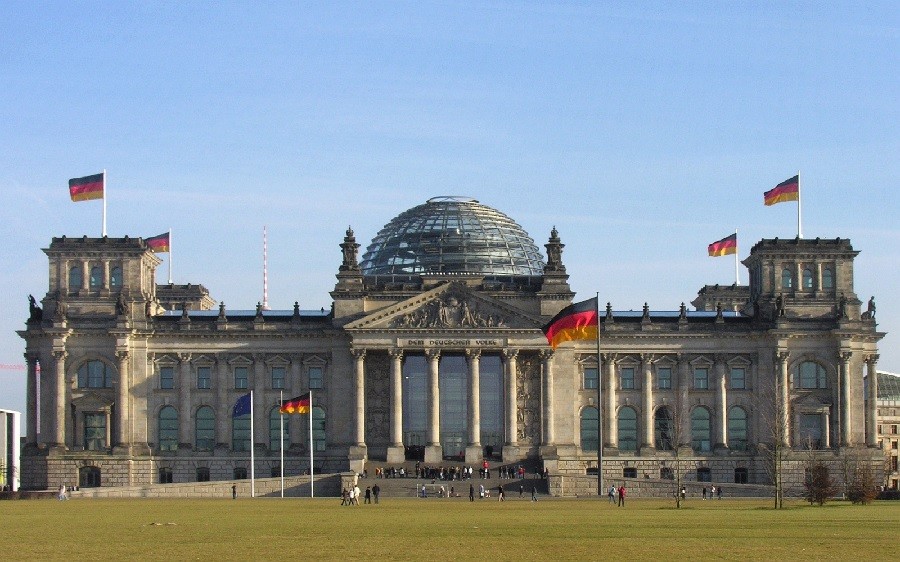Germany's corporate tax cut bill has stalled after the Senate rejected it. The bill is now being referred to the parliament's reconciliation committee.
 |
| Image of the German Parliament building. (Source: Reuters) |
Most lawmakers in the German Bundestag voted unanimously to refer the tax relief bill, known as the Growth Opportunity Act, to a parliamentary reconciliation committee. It is not yet clear when the committee will meet on the bill. The bill was approved by the Bundestag last week.
Specifically, the bill proposes to reduce corporate tax by about 7 billion euros (more than 7.6 billion USD) per year from 2024 and a total of more than 32 billion euros until 2028. With this bill, small and medium-sized enterprises can deduct losses from any profits in the same financial year to get tax relief. Enterprises will receive a subsidy equivalent to 15% of the amount they invest in measures to respond to climate change.
The German economy continues to face many difficulties and more and more businesses have fallen victim to the economic downturn. According to the German Federal Statistical Office (Destatis), the rate of businesses filing for bankruptcy in October increased by 22.4% compared to the same period last year. The previous September, this increase was 19.5%. Since June, the rate of businesses filing for bankruptcy has been increasing steadily and has always been in double digits compared to the same period last year.
Meanwhile, Germany as an industrial hub is losing its appeal to investors. A survey by the accounting firm Deloitte found that two-thirds of companies surveyed said they had already moved some production abroad. Meanwhile, 45% of companies predicted that Germany would continue to fall behind other industrial hubs.
The pessimistic mood is most pronounced in the mechanical engineering and automotive industries, while other sectors such as chemistry, construction, transport and logistics are less pessimistic about the location of production in Germany. 67% of the companies surveyed said they have responded by changing their value chains. Many stages of production, including those with high added value, are being moved abroad, causing significant damage to the German economy.
Source



![[Photo] Prime Minister Pham Minh Chinh receives Country Director of the World Bank Regional Office for Vietnam, Laos, Cambodia](https://vphoto.vietnam.vn/thumb/1200x675/vietnam/resource/IMAGE/2025/5/15/2c7898852fa74a67a7d39e601e287d48)

![[Photo] President Luong Cuong attends the National Ceremony to honor Uncle Ho's Good Children](https://vphoto.vietnam.vn/thumb/1200x675/vietnam/resource/IMAGE/2025/5/15/9defa1e6e3e743f59a79f667b0b6b3db)
![[Photo] In May, lotus flowers bloom in President Ho Chi Minh's hometown](https://vphoto.vietnam.vn/thumb/1200x675/vietnam/resource/IMAGE/2025/5/15/aed19c8fa5ef410ea0099d9ecf34d2ad)





























































































Comment (0)